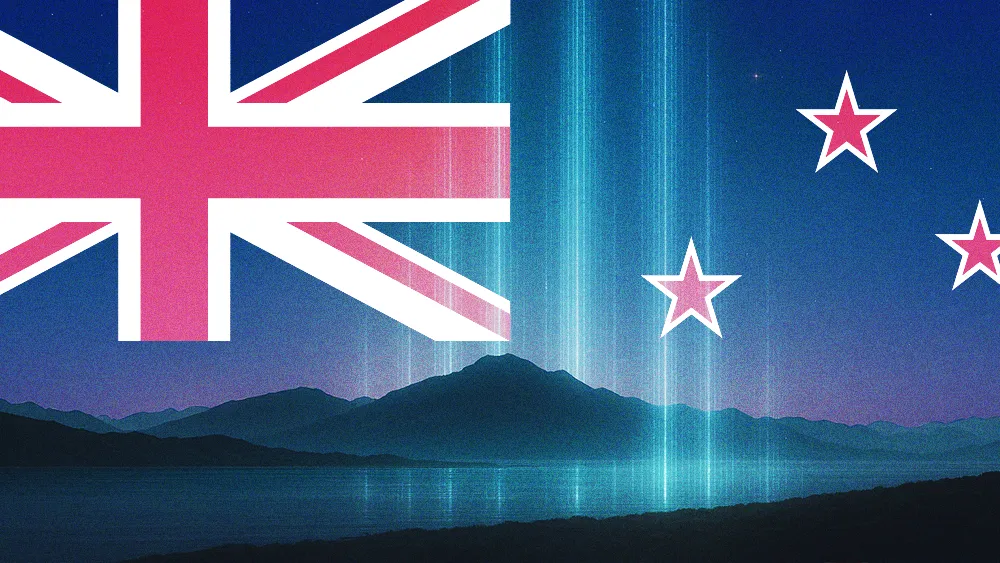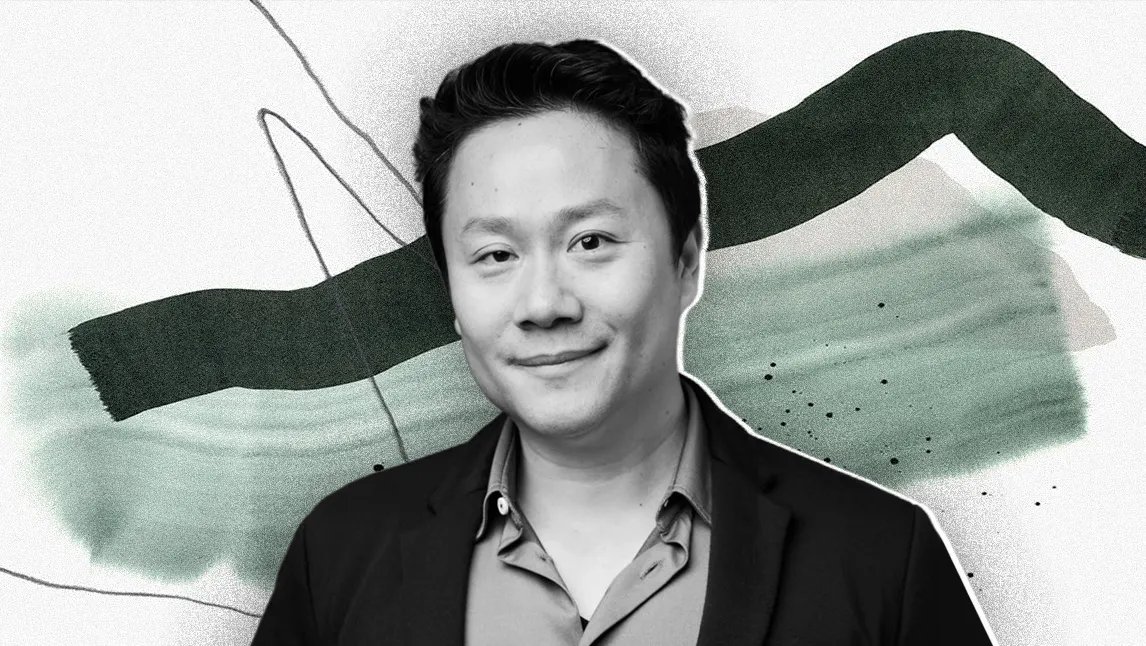
All articles
Inside the Māori-Led Movement Redefining Data Sovereignty for New Zealand
Dr. Karaitiana Taiuru, a Māori Data Sovereignty and AI Ethics expert, explains how Indigenous-led data governance frameworks can help manage the risks of data globalization.

Key Points
Western models that treat data as a commodity can create ethical and cultural conflicts over who controls and benefits from it.
Dr. Karaitiana Taiuru, Director at the Institute of AI Governance and Māori Data Sovereignty and AI Ethics expert, explains how indigenous principles of collective stewardship are redefining data governance in New Zealand.
By reframing data as a living taonga and something to be protected, the constitutional treaty could eventually become a model for more ethical digital sovereignty worldwide.
It's important that we have a say in what data should be digitized and what should be left in our traditional villages. For example, much of our sacred knowledge should never be digitized, and the same is true for certain images.

While conventional Western models treat data as a commodity, a new approach to data governance is gaining ground in New Zealand. This approach applies indigenous Māori principles to address complex data governance problems. By framing data as a taonga—a treasured possession that is living, sacred, and deeply connected to the people it represents—it offers a new model of collective, intergenerational stewardship.
For a deeper understanding, we spoke with Dr. Karaitiana Taiuru, Director at the Institute of AI Governance and a Māori Data Sovereignty and AI Ethics expert specializing in the intersection of cultural values and emerging technologies. As Chairperson of the Māori Advisory Group for the Digital Identity Services Trust Framework Act 2023, a Board Member of Te Hapori Matihiko, and the Kāhui Māori Chair of the AI Forum NZ, Dr. Taiuru provides high-level guidance on technology and ethics to government bodies. Today, his work is actively shaping the future of digital governance in Aotearoa, New Zealand, where the right of Māori to own, control, and decide how their data is collected, stored, used, and shared is a foundational principle.
"It's important that we have a say in what data should be digitized and what should be left in our traditional villages. For example, much of our sacred knowledge should never be digitized, and the same is true for certain images," Taiuru says. This focus on data sovereignty also represents the digital continuation of indigenous reclamation, he explains.
A historical perspective: "Before colonization, Māori owned 100% of the land. Now, we've been able to recover some of it. The same is true with data. Yes, a lot of it has been colonized. But if we can change people's perspectives with a discussion about ethics, we can retain ownership of some of it."
New Zealand's constitutional treaty lends a unique legal advantage, Taiuru adds, but the mission's clarity doesn't guarantee adoption. Moving forward still requires addressing the primary challenges holding some leaders back. "Lack of awareness is the biggest issue. Cost can be prohibitive. And being the outspoken person who thinks outside the box can make people uncomfortable."
An offline imperative: The most effective strategies combine co-governance with the wisdom to keep culturally sacred knowledge offline, he explains. "From an Indigenous perspective, our efforts to reclaim data sovereignty are guided by the same spirit as the repatriation of our ancestral treasures from museums. Just as we work to bring those items home, we are now working to bring our data home," Taiuru says.
This work is part of a worldwide movement, Taiuru continues. "We Māori got the idea from tribes in America. We see First Nations, Inuits, and Pacific Islanders all talking about data sovereignty."
The price of dependence: Today, the push for local control is also a pragmatic response to the demonstrated fragility of globalized infrastructure. "As a small country at the bottom of the world, we are held to ransom and vulnerable to international volatility, whether that's a submarine cable for the internet being cut or an outage in another country."
To encourage global adoption, Taiuru points to a more universal strategy: demonstrating the business case for this approach. Some major tech companies already recognize the opportunity in respecting these principles and are building localized solutions for the New Zealand market, he explains. "We've seen companies like Microsoft and AWS recognize that respecting Māori values is a commercial opportunity. They've created localized versions of their services to be respectful to Māori data governance."
Ultimately, Taiuru suggests that what many consider ownership is more like a layered fiction. The more pragmatic goal is to mitigate risk by controlling as many layers of the technological and legal stack as possible. He acknowledges the challenge posed by those who feel it’s too late—a sentiment he often hears expressed with the New Zealand saying, "the horse has already bolted." But he remains optimistic, believing that a forward-looking perspective can inspire a change in thinking.





